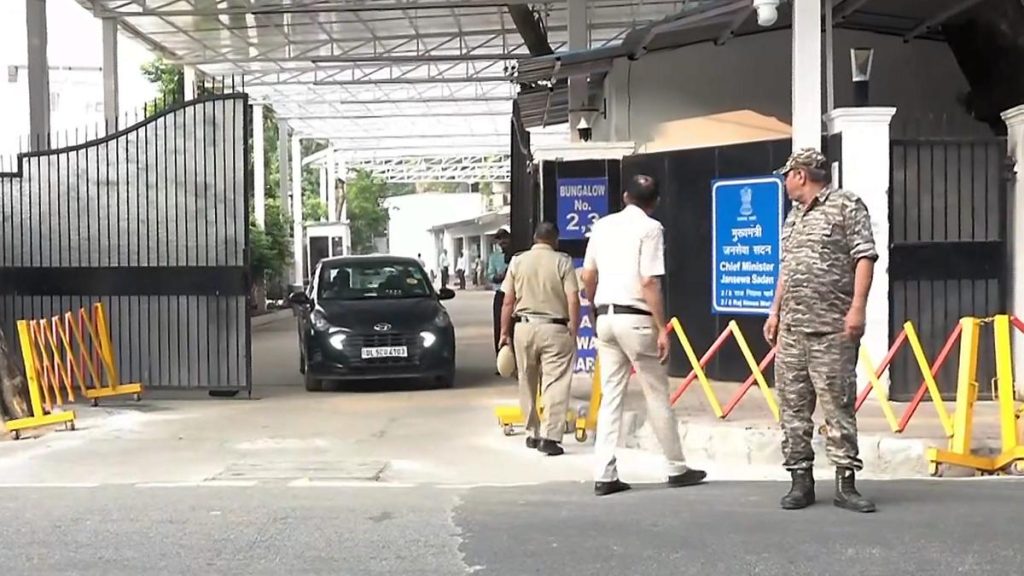Now Reading: Karnataka Faces ₹80,000 Crore Loss from Illegal Iron Ore Mining
-
01
Karnataka Faces ₹80,000 Crore Loss from Illegal Iron Ore Mining
Karnataka Faces ₹80,000 Crore Loss from Illegal Iron Ore Mining

### Speedy Summary
– Karnataka reportedly lost nearly ₹80,000 crore in an illegal iron ore extraction scam, according to Law and Parliamentary Affairs Minister H.K. Patil.
– Iron ore extracted illegally between 2005 and 2011 is estimated at around 20 lakh crore tonnes, valued at ₹78,245 crore (₹4,003 per tonne).
– A total of 111 companies allegedly involved in the illegal extraction were identified.
– The Karnataka appointment of Recovery Commissioner for Seizure and Attachment of Property of Illegal Mining and Proceedings of Crime Bill, 2025 was discussed in the Legislative Council to address recovery efforts.
– The state goverment has accepted recommendations from a Cabinet sub-committee on dealing with illegal mining:
– Establishing fast-track courts to try illegal extraction cases.
– Reviewing ‘B’ reports submitted by SIT concerning several cases.- Reassigning certain cases earlier transferred to CBI back to SIT due to lack of examination progress over the last decade.
– Case-by-case investigations by Forest Department teams into environmental losses caused by illegal activities.
### indian Opinion Analysis
The illegal iron ore scam represents important economic damage not only for karnataka but also sets a troubling precedent about resource governance across India. At approximately ₹80,000 crore in losses over six years (2005-2011), this highlights systemic gaps in monitoring large-scale natural resource exploitation. Furthermore, with involvement cited in over a hundred corporate entities along with stalled investigations after referral to higher authorities like the CBI-focus now shifting toward state-led initiatives like SIT adds future urgency managing regulatory frameworks fail transparency integrity threshold instances rapidly measured procedural neglect ignore scale impacts *natural environments land opportunities equitable public administration planning tackling prior histories formed judiciary hostile participants stake quality oversight practical deterrents fairness examining* contexts systemic growth proportional robustness pillars nurturing compensational schemes measures properious revoked scales.
























